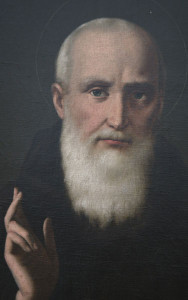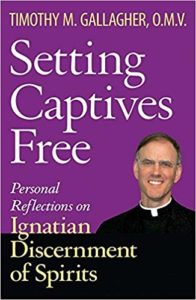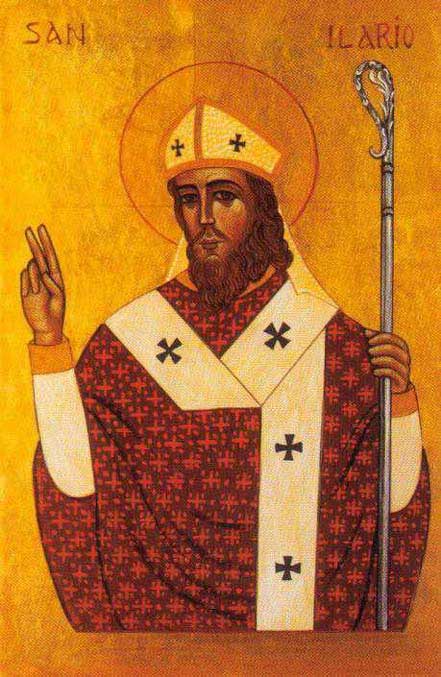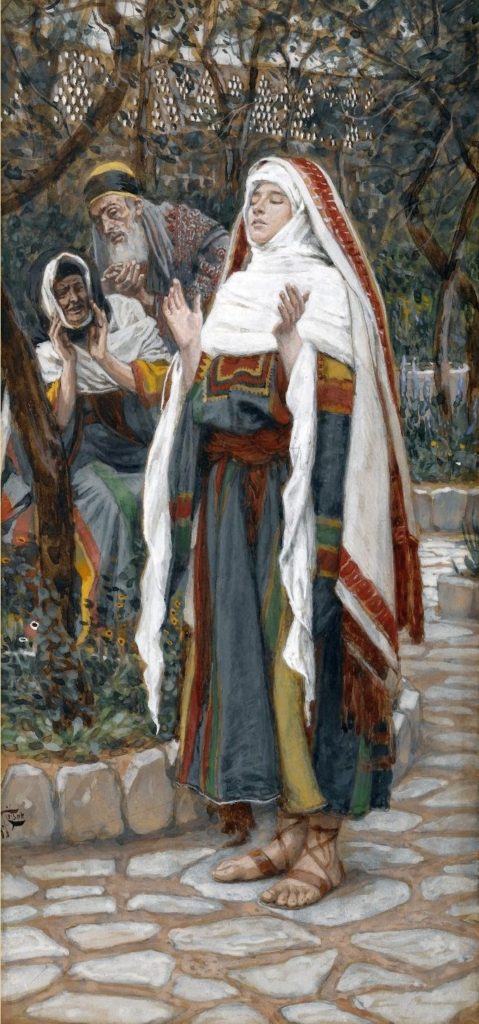Podcast: Play in new window | Download (Duration: 27:25 — 18.9MB) | Embed
Subscribe: Apple Podcasts | Spotify | Amazon Music | Android | Pandora | iHeartRadio | JioSaavn | Podchaser | Gaana | Podcast Index | Email | TuneIn | Deezer | Anghami | RSS | More

Dealing with Serious Temptation – The Life of St. Benedict – The Holy Rule of St. Benedict with Fr. Mauritius Wilde, O.S.B.
Fr. Mauritius Wilde and Kris McGregor discuss St. Benedict’s struggle with sexual temptation, where he chose to endure pain rather than indulge in harmful behaviors. It contrasts this with modern society’s tendency to avoid pain through self-medication.
Fr. Mauritius also stresses the importance of facing suffering for spiritual growth, emphasizing detachment’s role in achieving true fulfillment and fruitfulness in life.
Discerning Hearts Reflection Questions:
- Engaging with Temptation: How does St. Benedict’s encounter with temptation challenge us to confront our own temptations in life?
- Detachment and Self-Medication: How does the podcast critique modern society’s tendency to self-medicate instead of confronting pain and reality?
- Embracing Suffering: What insights can we gain from St. Benedict’s willingness to endure suffering as a means of spiritual growth and detachment?
- Fruitfulness Through Detachment: Reflect on how St. Benedict’s detachment ultimately led to fruitfulness in his life. How can we apply this principle to our own lives?
- Value of Longing: Consider the hosts’ discussion on embracing longing and desire. How might viewing these yearnings positively impact our spiritual journey?
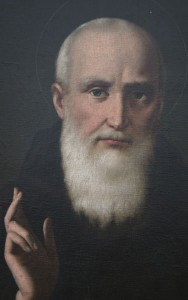
From the Life of Our Most Holy Father St. Benedict by St. Gregory the Great:
CHAPTER I.
“The holy man being on a certain day alone, the tempter was at hand; for a little black bird, commonly called an ousel, began to fly about his face, and that so near as the holy man, if he would. might have taken it with his hand; but no sooner had he made the sign of the cross than the bird vanished. When presently so great a carnal temptation assailed him, that before the holy man had never felt the like. For the remembrance of a woman which some time he had seen, was so lively represented to his fancy by the wicked spirit, and so vehemently did her image inflame his breast with lustful desires, that almost overcome by pleasure, he was determining to leave the wilderness. But suddenly assisted with divine
grace he came to himself, and, seeing near him a thicket full of nettles and briars, he threw off his garments and cast himself naked into the midst of those sharp thorns and nettles, where he rolled himself so long, that, when he rose up, all his body was pitifully rent; thus by the wounds of his flesh he cured those of his soul, by turning pleasure into pain; and by the vehemence of outward torments he extinguished the unlawful flame which burnt within overcoming sin by changing the fire. After which time, as he himself related to his disciples, he was so free from the like temptation, that he never felt any such motion.”
Father Mauritius Wilde, OSB, Ph.D., did his philosophical, theological and doctoral studies in Europe. He is the author of several books and directs retreats regularly. He serves as Prior at Sant’Anselmo in Rome. For more information about the ministry of the Missionary Benedictines of Christ the King Priory in Schuyler, NE


